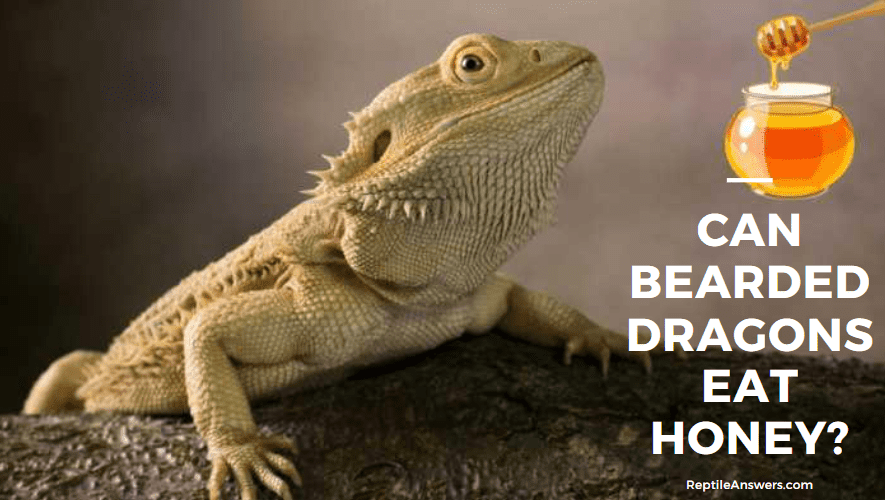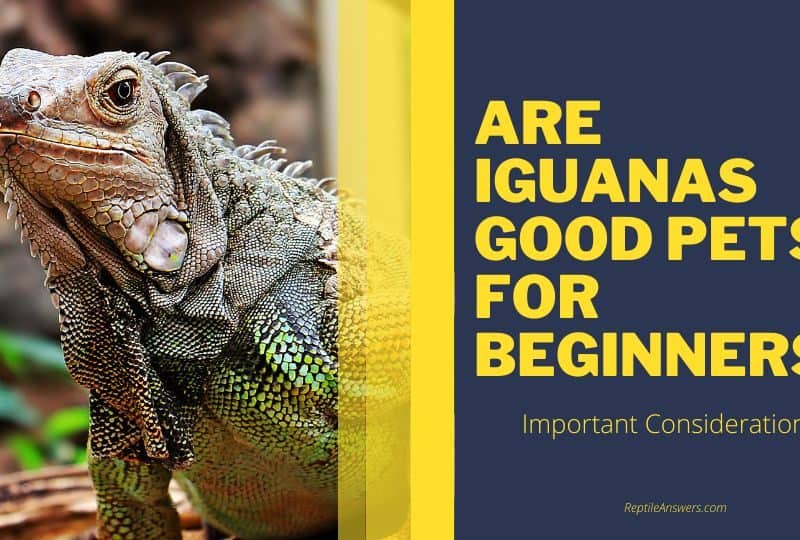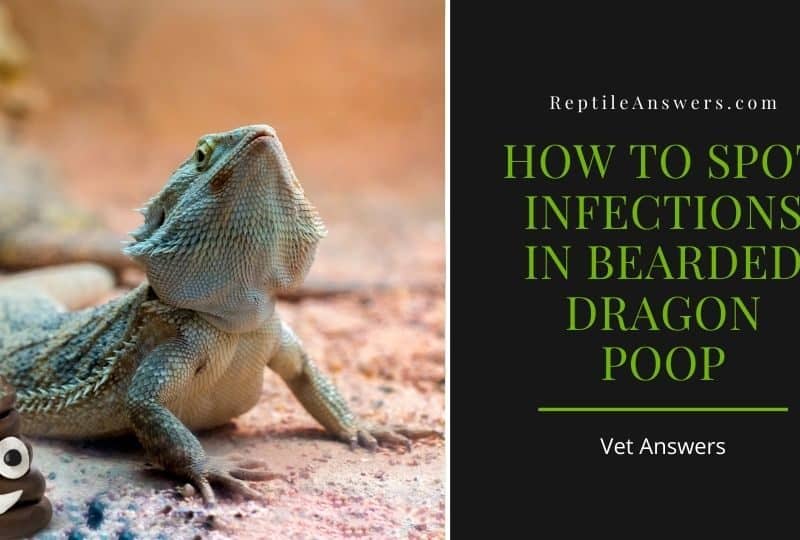Can bearded dragons eat honey? The answer is yes, they can! In this blog post, we will discuss everything you need to know about feeding your bearded dragon honey. We will cover the benefits of honey for bearded dragons, as well as the risks and side effects. We will also provide a list of other foods that bearded dragons can eat. So, if you’re wondering whether or not you can give your beardie some honey, keep reading!
What are the benefits of honey for bearded dragons?

As any reptile owner knows, bearded dragons are native to Australia and require a warm, arid environment to thrive. In the wild, they typically eat a diet of insects and plant matter. However, in captivity, they can also benefit from the occasional sweet treat. Honey is a nutritious food that provides bearded dragons with many benefits.
1. Source of carbohydrates
Honey is an excellent source of carbohydrates for bearded dragons and can help to boost their energy levels. When selecting honey for your pet, it is important to choose a product that is 100% pure and has not been processed or heated. Raw honey is the best choice, as it still contains all of the beneficial enzymes and antioxidants that are found in natural honey.
Simply add a small amount of honey to your pet’s food or water bowl once or twice a week to provide them with a healthy dose of carbohydrates.
2. Source of vitamins and minerals
Honey is also a good source of vitamins and minerals, including B-complex vitamins, vitamin C, potassium, magnesium, and zinc. These nutrients are essential for the overall health and well-being of bearded dragons.
Vitamin A is especially important for bearded dragons as it helps to maintain healthy skin and eyesight. In addition, honey contains small amounts of the minerals calcium and phosphorus, which are essential for strong bones and teeth.
When feeding honey to your bearded dragon, it is important to choose a product that is 100% pure and has not been processed or diluted in any way. You can find raw, unprocessed honey at most health food stores.
3. Helps with weight management
Believe it or not, honey can actually be a helpful tool for weight management in bearded dragons! Since honey is naturally high in sugar, it should be fed in moderation. However, the sugar content can be beneficial for dragons who are underweight, as it can help them to put on some much-needed grams.
For dragons who are overweight, honey can still be useful in small amounts. The sugar content will help to boost energy levels, which can be helpful when trying to encourage activity and promote weight loss. Just remember to feed honey in moderation, and always offer a variety of other healthy foods as well.
4. Improves digestion
One of the many benefits of honey for bearded dragons is that it can help improve their digestion. digestive problems are fairly common in bearded dragons, and they can be caused by a variety of factors, including a poor diet, stress, and dehydration. Honey is a natural remedy that can help to soothe the digestive system and promote regularity.
Additionally, honey contains probiotics, which are beneficial bacteria that help to keep the gut healthy. If your bearded dragon is suffering from digestive issues, try adding a small amount of honey to its food or water. You may be pleasantly surprised by the results.
5. Boosts their immune system
Bearded dragons are susceptible to a wide range of diseases and infections, so it’s important to do everything you can to boost their immune system. One simple way to do this is to add honey to their diet. Honey is a natural antibacterial and antimicrobial agent, which means it can help to keep your beardie healthy and free from disease.
In addition, honey is rich in vitamins and minerals, making it an excellent source of nutrition. When used in moderation, honey can be a great way to boost your beardie’s immune system and help them stay healthy and disease-free.
6. Heals eye infection
Bearded dragons are susceptible to a number of health problems, including respiratory infections, parasites, and skin infections. One less common but potentially serious problem is an eye infection. Eye infections can be caused by a number of things, including bacteria, viruses, and fungi. While most infections can be treated with medication, some can lead to blindness if left untreated.
Honey has long been used as a natural remedy for a variety of ailments, and it can also be effective in treating eye infections. Honey is rich in antibacterial and antifungal properties, which can help to clear up the infection. In addition, honey is a natural humectant, meaning that it helps to keep the area moist and prevent further irritation. For these reasons, applying honey to an infected eye can be a very effective way to treat the infection and prevent further damage.
What are the risks and side effects of feeding honey to bearded dragons?
While honey has a number of benefits for bearded dragons, there are also a few risks and side effects to consider. The main risk is that honey can contain botulism spores, which can cause a serious and potentially deadly infection. For this reason, it is important to only feed honey that has been sourced from a reputable supplier and is 100% pure.
Another potential risk is that honey can contain high levels of sugar. While sugar is beneficial for underweight dragons, it can be harmful to those who are overweight. Too much sugar can lead to obesity, diabetes, and other health problems. For this reason, it is important to feed honey in moderation, and always offer a variety of other healthy foods as well.
What are some other foods that bearded dragons can eat besides honey?
Some other foods that bearded dragons can eat include vegetables, fruits, insects, and meat. Bearded dragons are omnivores, so they can eat a variety of different foods.
Vegetables such as carrots, green beans, and squash are a great source of nutrients and vitamins. Fruits such as watermelon, papaya, and mango are also a good source of nutrients, as well as antioxidants. Insects such as crickets, mealworms, and waxworms are a great source of protein, while meat such as chicken and beef can provide essential minerals and vitamins. Offering a variety of different foods will help ensure that your bearded dragon gets the nutrients they need to stay healthy.
Conclusion
Bearded dragons can eat honey, but there are some risks and side effects to consider. It is important to only feed your bearded dragon 100% pure honey that has been sourced from a reputable supplier as botulism spores may be present in other types of honey. You should also offer vegetables, fruits, insects, and meat for variety- this will help ensure that your bearded dragon gets the nutrients they need to stay healthy. Thanks for reading!



